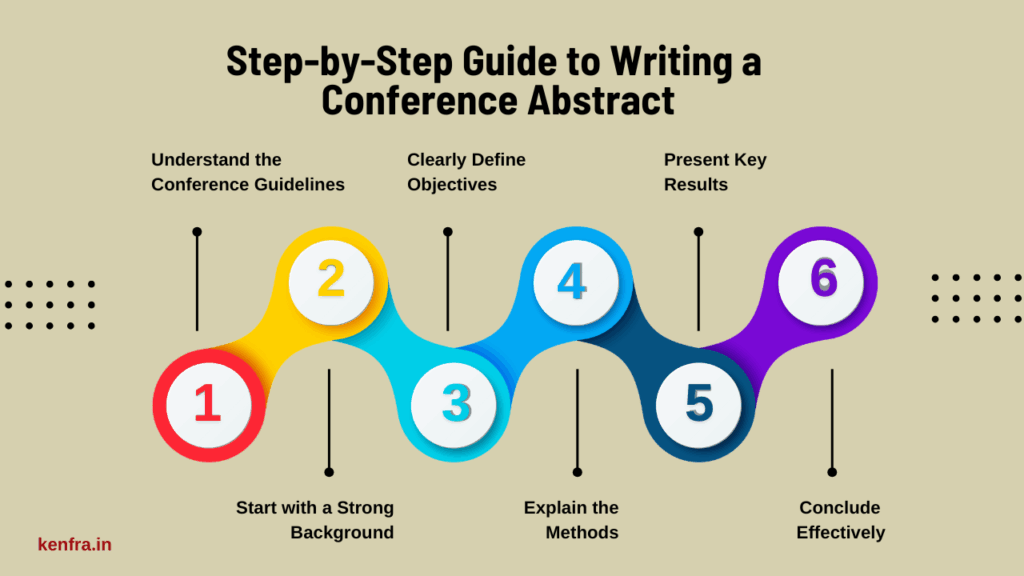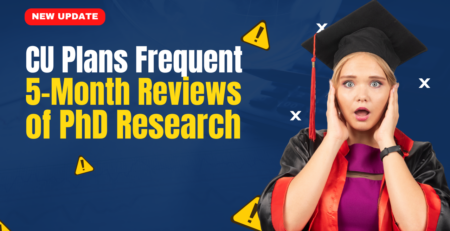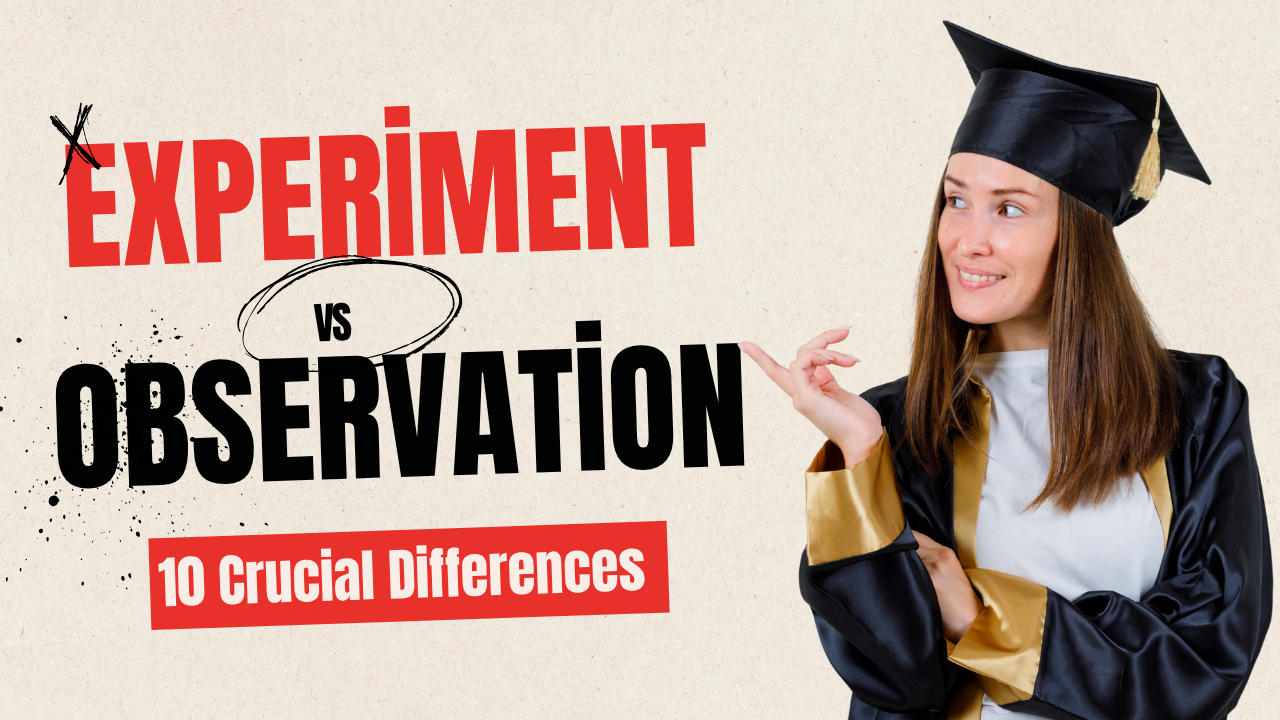15Sep

Writing an abstract for a conference is a crucial step for researchers and academicians aiming to present their work on a global platform. A well-crafted abstract not only summarizes your research succinctly but also attracts the interest of conference organizers and attendees. In this article, we will delve deep into how to write conference abstract effectively, providing actionable insights, tips, and examples to help you succeed.
When preparing for an academic conference, understanding how to write a conference abstract is essential to ensure your research gets accepted. It’s not merely a summary but a compelling snapshot of your study that highlights its significance, methodology, results, and conclusions in a structured manner.
A conference abstract is a brief summary of a research paper or presentation submitted to an academic or scientific conference. Its purpose is to provide reviewers with an overview of the research and help them decide whether the paper merits presentation at the event. Typically, abstracts are between 150–300 words, depending on the conference guidelines.
Writing a strong abstract is crucial because it acts as the first impression of your research. Conference committees often receive hundreds or thousands of abstracts and have limited time to review them. A clear, concise, and well-structured abstract increases the likelihood that your research will be accepted for presentation.

Here’s a step-by-step guide to writing a conference abstract that stands out:
Before starting, carefully read the conference’s abstract submission guidelines. Pay attention to word count limits, formatting, and specific sections required (e.g., objectives, methods, results, and conclusions).
Introduce the topic and explain the research problem clearly. State why the research is important and relevant to the conference’s theme. This sets the context and attracts the reader’s attention.
Specify the primary objectives or research questions your study aims to answer. Clarity in objectives helps reviewers quickly understand the focus of your research.
Briefly describe the methodology used in your research. Mention the type of study, data collection techniques, and analysis methods. Avoid too much detail but provide enough information to show rigor.
Highlight the most significant findings of your research. Use precise data and avoid vague statements like “results will be discussed.” Concrete outcomes make the abstract more compelling.
Summarize the implications of your findings. Show how your research contributes to the field and why it matters to the conference audience.
Follow these proven tips for writing abstracts to increase your chances of acceptance:
Many researchers fall into these traps. Here are some common mistakes when writing a conference abstract to avoid:

Adhering to best practices for conference abstract submission ensures your abstract stands out:
A typical structure includes the following elements:
Following this structure ensures your abstract is coherent, organized, and meets the expectations of the reviewers.
While both aim to summarize research, an academic conference abstract generally targets a broader academic audience and may include theoretical discussions. In contrast, scientific abstract writing focuses more on empirical data, experiments, and technical results. Understanding the audience helps tailor the tone and content of your abstract accordingly.
Mastering how to write conference abstract is vital for any researcher wishing to present at academic or scientific conferences. By following the structured approach, avoiding common mistakes, and implementing best practices, you significantly improve your chances of having your research accepted and appreciated by peers.
At Kenfra Research, we support researchers in preparing high-quality conference abstracts and scientific publications, ensuring your work makes a powerful impact in the academic community.
Recruiters offer projects & internships to build talent pool in core engineering: Offering projects and internships to build a talent pool... read more

Calcutta University is considering a major shift in the performance evaluation system for its PhD programme under the proposed Calcutta... read more

Choosing the Best PhD Research Paper Topic is a crucial step in your academic journey. The right topic can... read more
AISHE 2021-22: Average enrolment of colleges going down in Odisha All India Survey on Higher Education (AISHE):The All India Survey on... read more

A PhD synopsis is a short, structured summary of your research plan that outlines what you want to study, why... read more

Writing a research methodology for your dissertation in 2025 is a crucial step in ensuring that your research is... read more

Designing a research methodology is one of the most critical steps in your dissertation journey. A well-crafted methodology ensures that... read more

In research, choosing the right approach can make or break your study. Two of the most common methods are experiments... read more
WhatsApp us
Leave a Reply